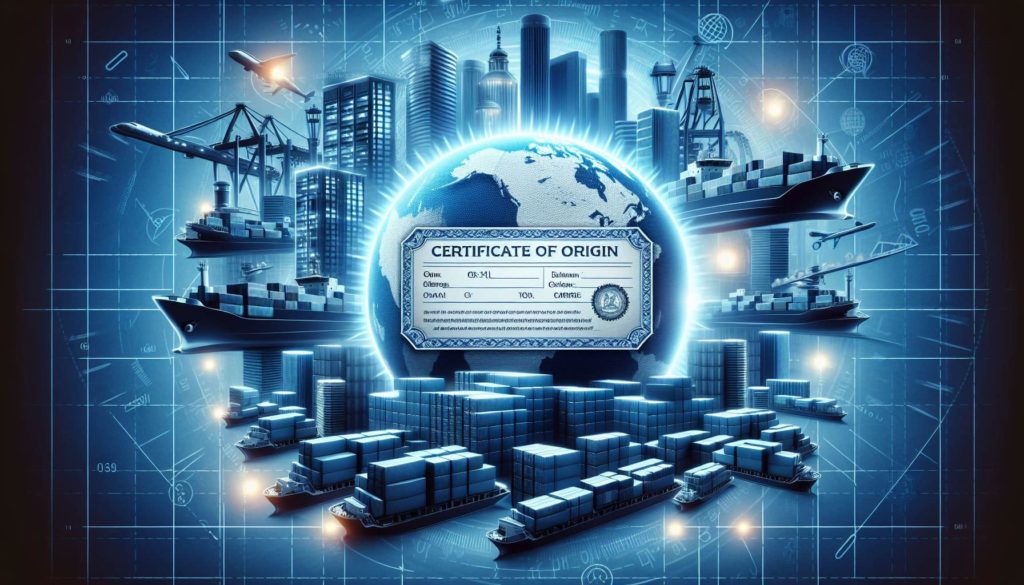In the world of international trade, paperwork is often as crucial as the products themselves. Among the various documents necessary for smooth trade transactions, the Certificate of Origin holds significant importance. For businesses operating in the Philippines, understanding the intricacies of obtaining and utilizing this certificate is paramount. Join us as we delve into the depths of Certificate of Origin in the Philippine context.
What is Certificate Of Origin?
Before delving into specifics, let’s grasp the essence of a Certificate of Origin (CO). Essentially, a CO is a document certifying the country where the exported goods were manufactured, produced, or processed. It serves as evidence for the importing country that the goods originate from a specific place, and it may entitle the importer to preferential duties or other benefits under trade agreements.
Importance of Certificate of Origin: In the global market, where trade agreements and tariffs heavily influence business dynamics, a Certificate of Origin can significantly impact the cost and efficiency of international transactions. Without it, shipments may encounter delays, face additional fees, or even be rejected at customs. Therefore, businesses must ensure compliance with CO requirements to avoid disruptions in their supply chains.
Certificate of Origin in the Philippines: Now, let’s focus on the specific landscape of Certificate of Origin procedures in the Philippines. The Philippines utilizes COs to facilitate international trade, adhering to established protocols and agreements. The Philippine Chamber of Commerce and Industry (PCCI) is one of the recognized authorities for issuing COs in the country. Additionally, certain industries or products may require specialized COs or endorsements from specific agencies.
Subscribe to the Ex-works24/7 newsletter
Process of Obtaining a Certificate of Origin: Obtaining a CO in the Philippines involves a structured process that varies depending on the destination country, the nature of the goods, and any applicable trade agreements. Generally, the process entails the following steps:
Document Preparation: Gather necessary documents, such as commercial invoices, packing lists, and proof of origin.
Application Submission: Submit the required documents to the designated issuing authority, such as the PCCI or relevant government agencies.
Review and Approval: The issuing authority reviews the application to ensure compliance with regulations and verifies the authenticity of the provided information.
Issuance of Certificate: Upon approval, the Certificate of Origin is issued, typically in a specified format and containing relevant details about the goods and their origin.
Tips for Successful Certificate of Origin Application: Navigating the CO process can be complex, but adhering to certain best practices can streamline the experience:
Plan Ahead: Begin the CO application process well in advance of the shipment date to account for any potential delays.
Ensure Accuracy: Double-check all information provided in the application to avoid errors or discrepancies.
Stay Informed: Stay updated on relevant trade agreements, tariff schedules, and regulatory changes that may impact CO requirements.
Utilize Resources: Seek guidance from trade associations, customs brokers, or government agencies to navigate the CO process effectively.
Conclusion: In the realm of international trade, the Certificate of Origin serves as a vital document, facilitating the smooth flow of goods across borders. For businesses operating in the Philippines, understanding the nuances of CO procedures is essential for ensuring compliance and minimizing trade-related risks. By navigating the CO process with diligence and expertise, businesses can unlock the benefits of international trade while navigating regulatory complexities effectively.




